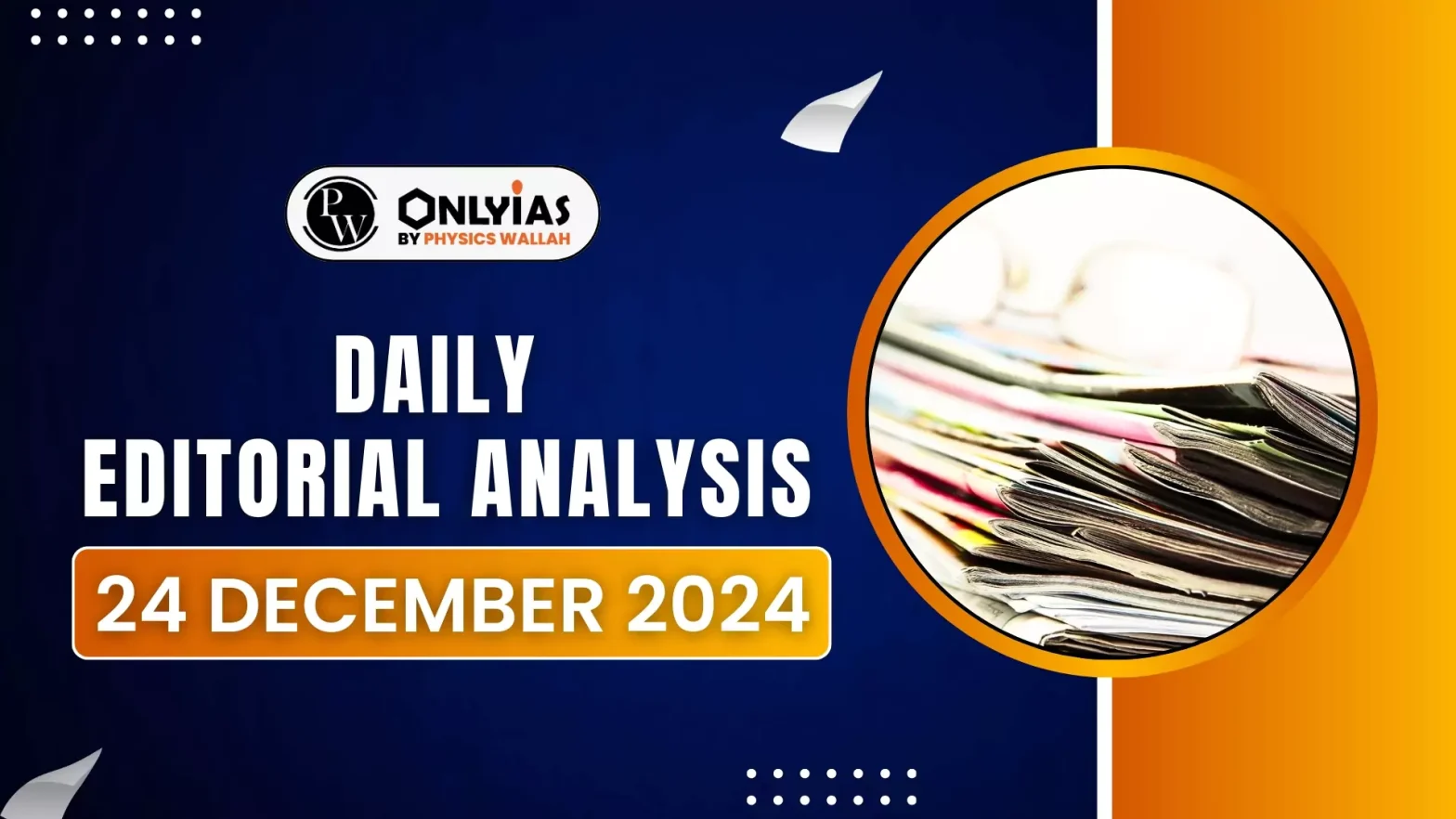There are historical and current challenges in implementing wealth and inheritance taxes in India, such as tax evasion, high administrative costs, and the risk of capital flight. These issues have been evident in past attempts to introduce such taxes, including the abolition of estate duty in 1985 and wealth tax in 2015.
History of Wealth Taxation
- Switzerland: Wealth taxation is not a new concept. It dates back to the 19th century, with Switzerland’s Basel City introducing such a tax in 1840.
- Other Countries: Other countries followed suit, including the Netherlands in 1892 and Sweden in 1911.
- India: India joined the list in 1957 when Finance Minister T T Krishnamachari implemented the wealth tax.
- Abolishment: However, over time, the number of countries imposing this tax has dwindled. For instance, the number of OECD countries levying the tax fell from 12 in 1990 to four in 2017.
- India abolished it in 2015.
Enroll now for UPSC Online Course
| Wealth tax is imposed on the value of certain assets owned by taxpayers, such as stocks, real estate, and businesses, primarily targeting the wealthier section of society. The intention behind this tax is to reduce wealth inequality and promote parity among taxpayers. |
Renewed Debate on Wealth Taxation
- In recent years, the idea of taxing wealth has resurfaced, driven by growing concerns over wealth inequality.
- Study by Thomas Piketty: A study by economist Thomas Piketty and colleagues highlights a sharp rise in inequality in India, especially after 2014-15.
- Their research indicates that the top 1% of income earners controlled 22.6% of the nation’s income and 40.1% of its wealth in 2022-23—figures surpassing those of countries like South Africa, Brazil, and the United States.
- Piketty’s Recommendations for India: Piketty and his co-authors propose a 2% annual tax on net wealth exceeding Rs 10 crore and a 33% inheritance tax on estates above the same threshold.
Challenges and Past Experiences
- Implementation Challenges: Despite the appeal of wealth taxes, their implementation is fraught with difficulties.
- Estate Duty Ineffective in Achieving its Goal: In 1985, when Finance Minister V P Singh abolished the estate duty (inheritance tax), he noted that its administration was costly and its revenue yield was minimal, with only about Rs 20 crore collected.
- Singh acknowledged that the tax had failed to achieve its intended goals of reducing wealth inequality and supporting state development schemes.
- Wealth Tax Ineffective in Achieving its Goal: Similarly, when the wealth tax was abolished in 2015, Finance Minister Arun Jaitley highlighted the tax’s low revenue yield of Rs 1,008 crore in 2013-14, which amounted to less than 0.1% of the government’s total tax revenue.
- Jaitley argued that taxes with high administrative costs and low yield should be replaced with more efficient alternatives.
Tax Evasion and Capital Flight
- History of Tax Evasion: An ancient Egyptian papyrus from the 7th century BCE tells the story of an individual attempting to evade inheritance taxes by undervaluing his property. The punishment for such evasion — whipping.
- Capital Flight: In the modern, globalized world, the mobility of capital adds another layer of complexity. High taxes could lead to capital flight, where wealthy individuals leave the country to settle in tax-friendly jurisdictions like Dubai.
- Case of Norway: This has been observed in countries like Norway, where an increase in wealth taxes led to the departure of many high-net-worth individuals.
- Case of India: India has also seen an increase in the number of millionaires relocating abroad. In 2023, approximately 5,100 Indian millionaires moved overseas, citing financial and tax-related reasons.
- Unique Nature of Wealth in India: A significant portion of wealth in India is tied to land, real estate, and gold.
- These assets are not easily liquidated, raising questions about how a wealth tax would be implemented in practice.
- Argument Against Wealth Tax: Given that wealth creation in India is still in its early stages, imposing such taxes could potentially hinder economic progress.
- It may reduce motivation for individuals to earn more and invest, thus slowing down the country’s growth.
- Additionally, it could reverse the shift away from its socialist past by discouraging private wealth generation and entrepreneurship.
Check Out UPSC Modules From PW Store
Way Forward
- Better GST Compliance: Strengthening GST compliance is essential, as many goods still remain outside its scope.
- Reform in Income Tax System: Streamlining and simplifying the income tax system could enhance efficiency, broaden the tax base, and reduce the compliance burden on taxpayers.
- Imposing a Luxury Consumption Tax: Introducing a luxury consumption tax could target high-end goods and services, generating revenue while addressing inequality without overburdening the general population.
Conclusion
The debate on wealth taxation is complex, balancing the potential to reduce inequality with challenges like tax evasion and capital flight. While it could generate resources for social programs, implementation in India is complicated by the nature of wealth and administrative costs. Finding a balance between equity and economic growth remains key.
![]() 24 Dec 2024
24 Dec 2024
